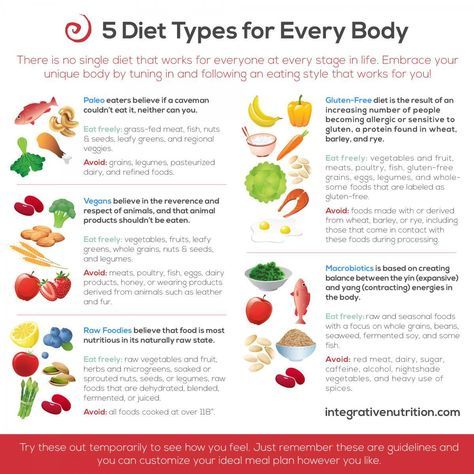
Exploring Different Types of Diets and Their Benefits
When it comes to maintaining a healthy lifestyle, diet plays a crucial role. A well-balanced diet not only helps in maintaining a healthy weight but also contributes to overall well-being. There are various types of diets that people adopt based on their individual goals and preferences. In this article, we will explore different types of diets and their specific benefits.
The Mediterranean Diet
The Mediterranean diet is inspired by traditional diets of countries bordering the Mediterranean Sea, such as Greece, Italy, and Spain. It emphasizes consuming whole foods such as fruits, vegetables, whole grains, legumes, lean proteins, and healthy fats like olive oil. The diet also encourages moderate consumption of red wine. This diet is associated with lower risks of heart disease, certain cancers, and cognitive decline.
The Vegan Diet
The vegan diet is based on excluding all animal products, including meat, dairy, eggs, and honey. It focuses on consuming plant-based foods such as fruits, vegetables, legumes, nuts, and seeds. Vegans often choose this diet for ethical reasons as well as its potential health benefits. It has been shown to lower the risk of heart disease, high blood pressure, and type 2 diabetes.
The Ketogenic Diet
The ketogenic diet, commonly known as the keto diet, is a low-carb, high-fat diet. It involves reducing carbohydrate intake and replacing it with fats, shifting the body into a state of ketosis. Ketosis is a metabolic state where the body burns fat for fuel instead of carbohydrates. This diet has been found to aid in weight loss, improve insulin sensitivity, and may even have neuroprotective effects.
The Paleo Diet
The paleo diet is based on the types of foods presumed to have been consumed by early humans, primarily during the Paleolithic era. It focuses on whole, unprocessed foods such as lean meats, fish, fruits, vegetables, nuts, and seeds, while excluding grains, legumes, processed foods, and dairy. This diet advocates for a higher protein intake and has been associated with improvements in weight loss, blood pressure, and blood sugar control.
The DASH Diet
The Dietary Approaches to Stop Hypertension (DASH) diet is designed to prevent and lower high blood pressure. It emphasizes consuming fruits, vegetables, whole grains, lean proteins, and low-fat dairy products while limiting sodium, saturated fats, and refined sugars. Following the DASH diet can help reduce blood pressure levels and decrease the risk of heart disease.
The Flexitarian Diet
The flexitarian diet is a flexible approach to vegetarianism, where individuals primarily follow a vegetarian diet but occasionally consume meat or fish. It encourages the intake of plant-based foods while allowing for occasional flexibility. This diet has been associated with various health benefits, including weight management and a reduced risk of chronic diseases.
In conclusion
There are numerous types of diets available that offer unique benefits. It’s important to remember that each person’s dietary needs and goals may vary, so it’s essential to choose a diet that suits individual preferences and health requirements. It is recommended to consult with a healthcare professional or a registered dietitian before making any significant dietary changes.

